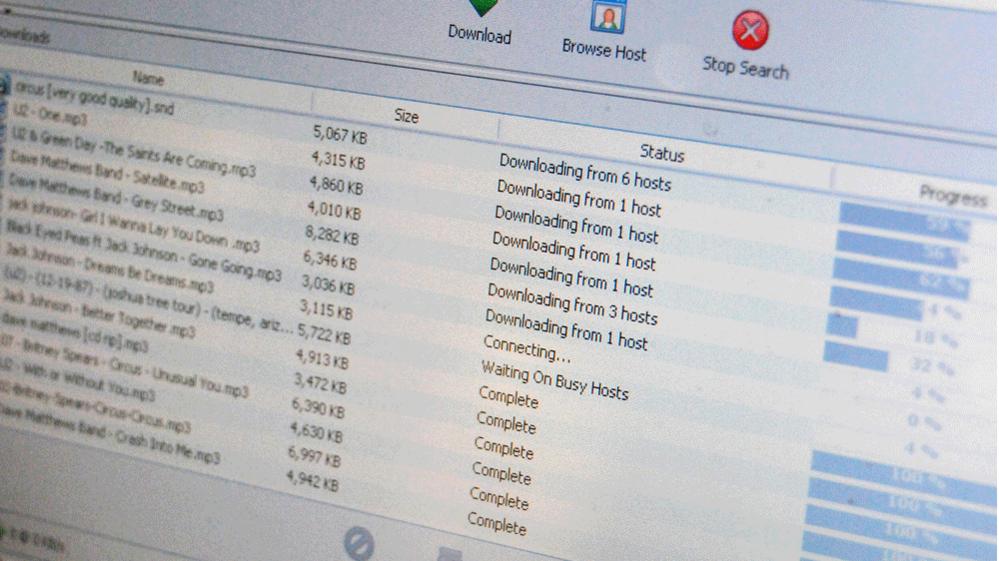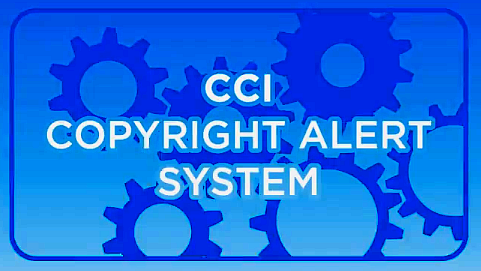UK anti-piracy campaign set to begin
- Published
- comments

The email warnings form part of a larger scheme that aims to highlight the value of the UK's creative industries
People in the UK who persistently pirate music and movies will soon start getting emails warning them that their actions are illegal.
The warnings are part of a larger scheme that aims to educate people about copyright and legal ways to enjoy digital content.
Starting next year, up to four warnings annually will be sent to households suspected of copyright infringement.
But if people ignore the warnings, no further action will be taken.
The warning system is the result of four years' wrangling between internet service providers (ISPs) and industry bodies representing music and movie-makers.
The original enforcement regime was outlined in the Digital Economy Act 2010, external and called for "technical measures" to be taken against persistent pirates, including the suspension of net access after a series of warnings.
'Difficult to protect'
In addition, rights holders wanted warning letters to mention the potential penalties people would face for copyright infringement and access to a database of known illegal file-sharers.
The years of talks brokered by the government have led to the creation of the Voluntary Copyright Alert Programme (Vcap) that uses warnings via email or post.
The UK's biggest ISPs - BT, TalkTalk, Virgin and Sky - have signed up to Vcap. Many smaller ISPs are expected to join later.
In addition, the UK government has pledged to contribute £3.5m to an education campaign that will promote legal ways to listen to music and watch movies.
Introducing the three-year educational scheme, Business Secretary Vince Cable said the initiative was all about supporting the UK's creative industries.
"It's a difficult industry to pin down and it's also difficult to protect," he said. "But unless you protect it then it's an industry that cannot function."
'Persuading the persuadable'
Government estimates suggest the UK's creative industries contribute £71bn to the UK economy and support about 1.68 million jobs.
Geoff Taylor, chief executive of the BPI, said it had been a "long road" to produce the Vcap agreement. He said that though it lacked punitive action it could still help bring about change in people's habits.
"It's about persuading the persuadable, such as parents who do not know what is going on with their net connection," he said.
"Vcap is not about denying access to the internet. It's about changing attitudes and raising awareness so people can make the right choice," he said.
As well as taking part in Vcap, the BPI and other rights holders were working on other fronts to tackle persistent pirates, file-sharing sites and to suppress the economy that supported them, said Mr Taylor.
These initiatives included issuing notices to Google about links to pirated content, action in the courts to shut down websites that offer links to infringing content, and working with advertisers to limit the funds that flow to file-sharing sites.
- Published9 May 2014

- Published12 November 2013

- Published26 February 2013
